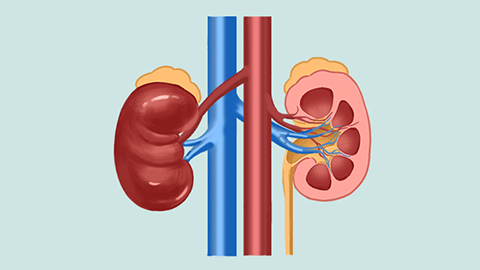What is nephrotic syndrome?
Generally speaking, nephrotic syndrome is a common clinical syndrome rather than an independent disease. It is recommended to seek timely medical attention, identify the cause, and undergo symptomatic treatment under a doctor's guidance. Detailed analysis is as follows:

Nephrotic syndrome is a kidney disorder caused by various factors. Its main characteristics include massive proteinuria, hypoalbuminemia, hyperlipidemia, and edema. These symptoms result from impaired kidney filtration function, which leads to significant protein loss through urine, thereby causing a series of metabolic and physiological disturbances within the body. Diagnosis of nephrotic syndrome mainly relies on clinical manifestations and related examinations. Specific diagnostic methods include urinalysis, blood tests, kidney function tests, kidney ultrasound or CT scans, and renal biopsy. Doctors need to comprehensively evaluate the patient's symptoms and various test results to make an accurate diagnosis.
To prevent further kidney damage, it is recommended to undergo standardized treatment under the guidance of a nephrologist, including medication, dietary adjustments, and lifestyle management.







